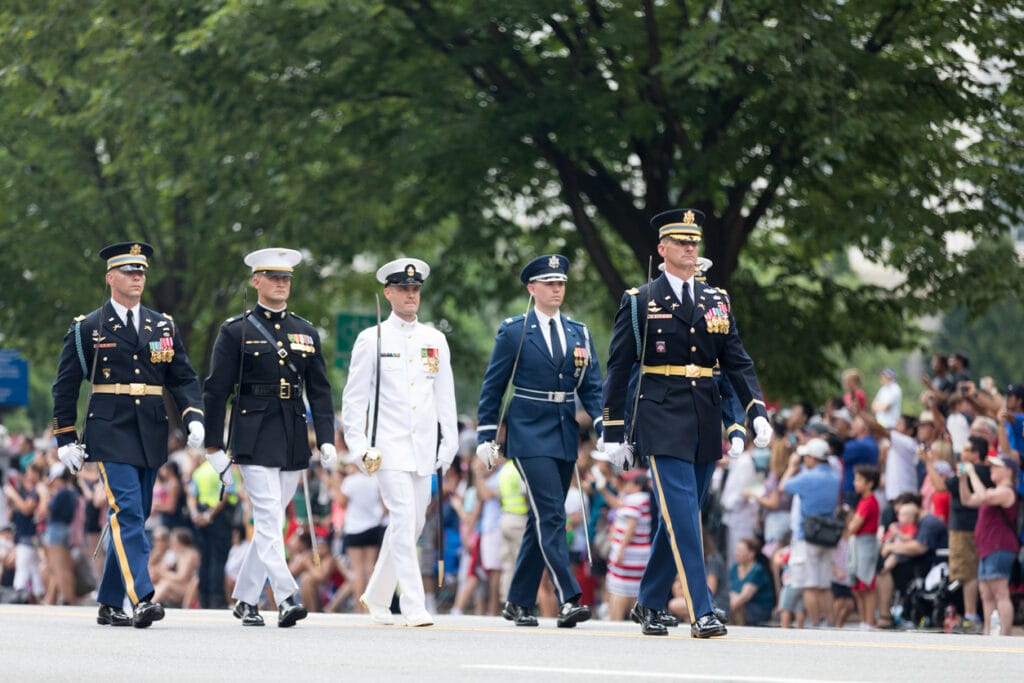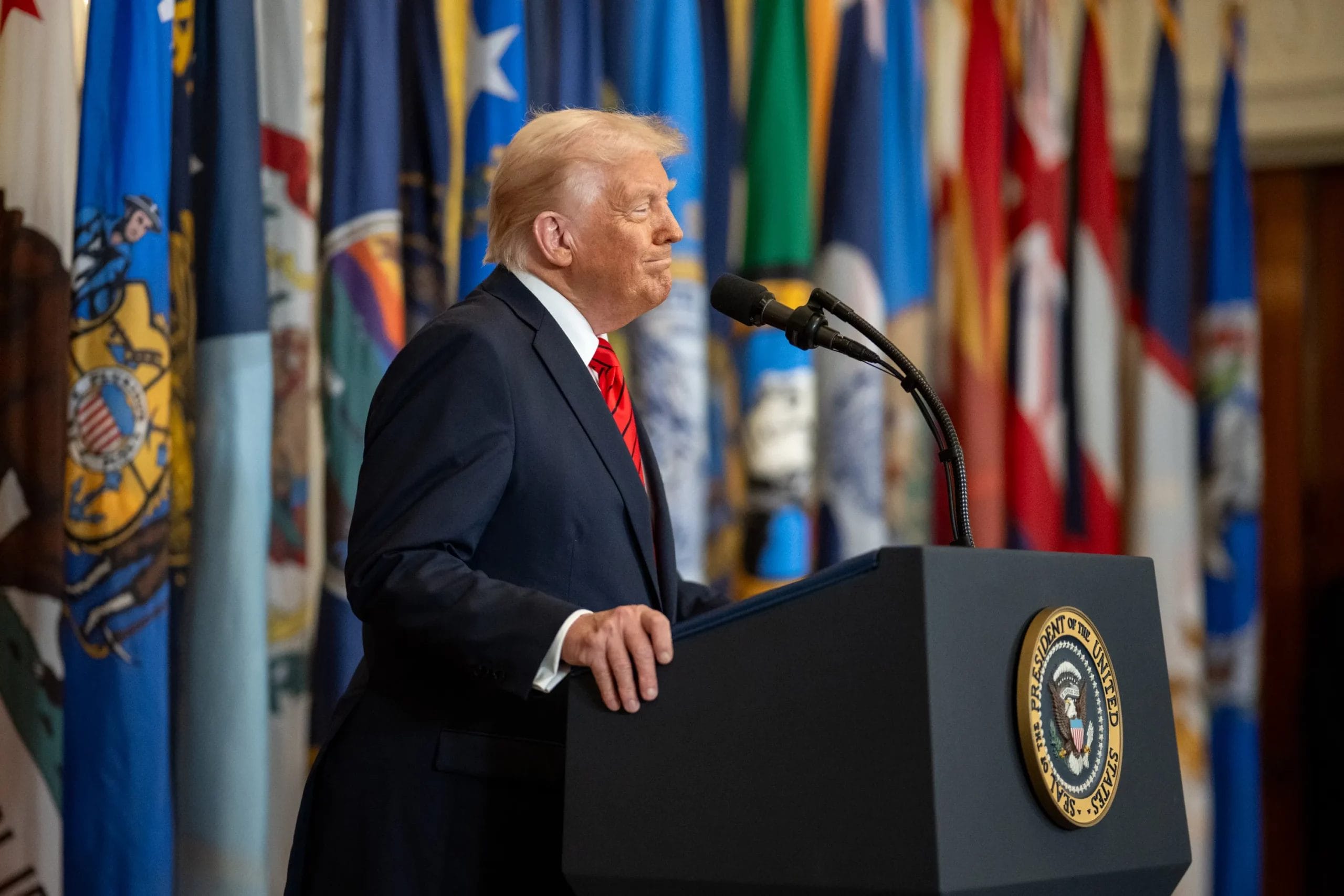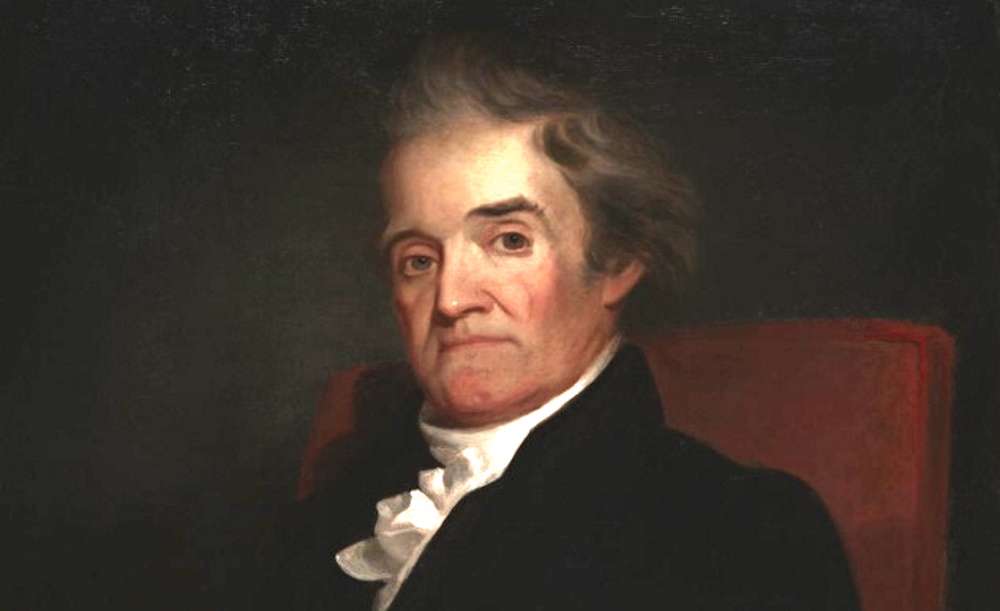Leaders educate by example

The US Army’s 1999 doctrinal publication on leadership is about as solid as it gets. The basic idea, crystallized in the formula “be, know, do,” is that leaders’ actions speak louder than their words. I’ve found this to be true through the example of soldiers and leaders whom I’ve served with throughout my military career. Major Walker was one such soldier and leader.
In 2016, Major Walker took over the battalion staff section in which I worked as a junior officer. Any change in leadership is fraught with uncertainty because you never know what the new boss will be like until you work for him or her. Will he help us focus on what is important or will he add a bunch of unnecessary work just to keep up appearances? Will he take the time to get to know us or are we just nameless drones who exist to make him look good?
The crux of the issue is usually this: how desperate is he for promotion? This was especially true for those in the rank of major under the old military retirement system. Typically, majors were officers with a decade or more of uniformed service under their belts who needed to reach twenty years to be eligible for retirement and the pension that came with it. In most cases, to reach that twenty-year mark meant that he must get promoted to lieutenant colonel to be safe. Otherwise, he ran the risk of leaving military service with nothing.
That was the position Major Walker was in when he took over my staff section. It’s easy to understand how his concern for promotion could’ve translated into subpar working conditions for his subordinates, and that was my concern. But on his first day in the office, Major Walker gathered the staff together and dispelled that concern with a simple statement: “I’m not here to get promoted. The Army is going to promote me as it sees fit, and whatever that looks like is fine with me. I’m here to do my job to the best of my ability and that’s all I expect from you.”
Nearly a decade later, I can still recall the wave of relief that washed over me when he spoke those words as I saw them reflected in his conduct. He created an atmosphere in which we worked hard, not for fear of getting into trouble, but because we didn’t want to let such a good man down. We became more concerned with getting him promoted than he was.
Major Walker modeled what I’ve come to view as the cornerstone of living a good life and the first step on the path to peace: Learn to do your duty, and be content with everything outside of your control. His behavior was a real-life illustration of Stoic philosopher Epictetus’ admonition to “make the best of what is in our power, and take the rest as it occurs.”
Major Walker would never have referred to himself as such, but he was an educator. He took an abstract moral truth, one espoused by great thinkers throughout history and distilled into Army doctrine, and put flesh and bones on it.
For better or for worse, we’re all educators to some extent. Children learn by imitating their parents. Teachers communicate by their behavior outside of the classroom as much as in. Civic and religious leaders reinforce or invalidate their messages through their day-to-day actions. Education in the most general sense happens every day.
And so, each of us must ask ourselves, “What lessons am I imparting through my everyday actions?” If we strive to place duty and contentment at the center of what we communicate through our behavior, we do well.
Andrew Bibb is a military strategist. The views expressed in this article are those of the author and do not necessarily reflect the official policy or position of the U.S. government.



